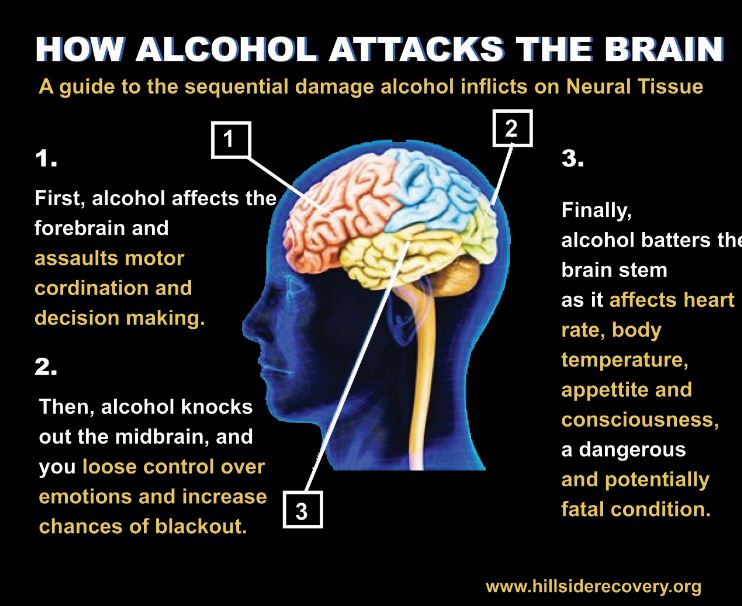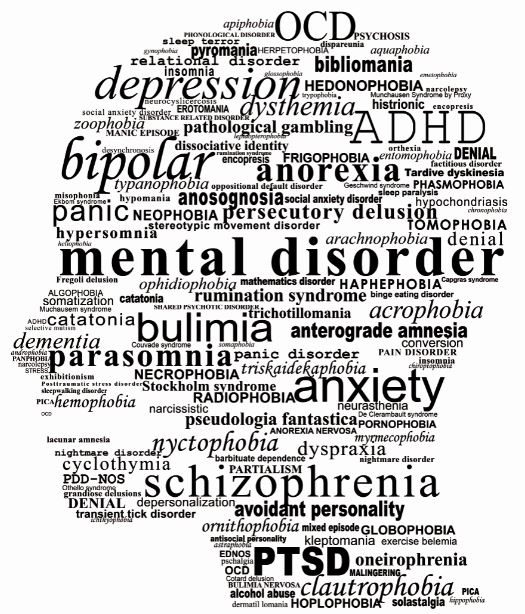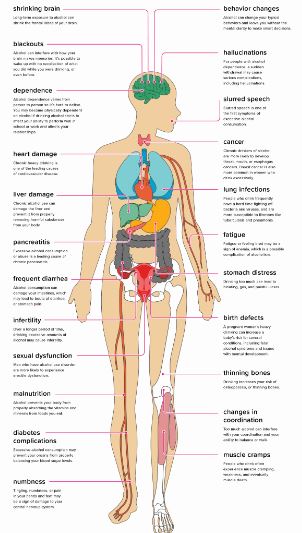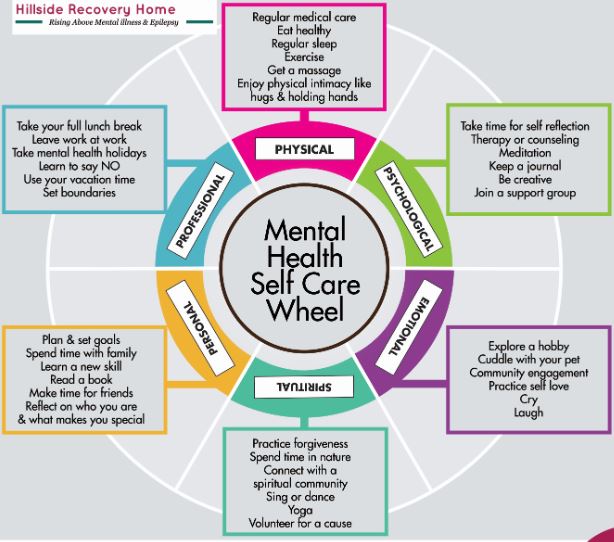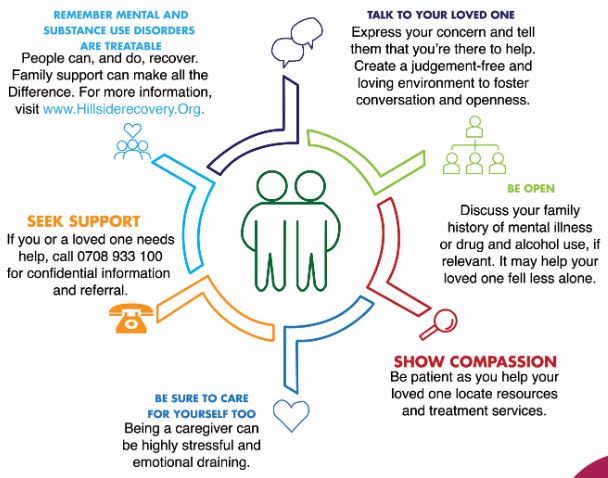Frequently Asked Questions
Is depression as a mental illness?
Some people think depression is trivial and not a genuine health condition. They’re wrong – it is a real illness with real symptoms. Depression is not a sign of weakness or something you can “snap out of” by “pulling yourself together”.
Is epilepsy a mental disorder?
Epilepsy is a central nervous system (neurological) disorder in which brain activity becomes abnormal, causing seizures or periods of unusual behavior, sensations, and sometimes loss of awareness.
Is addiction a mental health disorder?
Addiction is classified as a mental illness because addiction changes the brain in fundamental ways, disturbing a person’s normal hierarchy of needs and desires, and substituting new priorities connected with procuring and using drugs.
Is Mental Illness a Disease?
No, mental illness is not a disease. A disease can be defined as a specific condition in the body that originates from a precise cause and has defined symptoms. Mental illness rarely stems from an exact cause and instead arises from multiple factors, such as genetics and heredity, environmental stressors and prenatal exposure to toxins. There tends to be a lot of overlap in mental illness symptoms, especially when conditions co-occur, which makes it difficult to identify and define specific symptoms. Mental illness is better characterized as a disorder or syndrome that describes a vast array of psychological and emotional conditions.
Is Mental Illness a Disability?
A mental illness can become a disability if it has a long-term impact and hinders a person’s daily functioning. A person can apply for social security benefits for mental illness as long if they meet criteria that deem the illness to be disabling, not allowing them to work.
Is Mental Illness Hereditary?
The precise cause of mental illness is unknown, but it is believed that mental illness is caused by a mixture of genetic, mental and environmental factors. Heredity and genetics are representative of one type of biological factor that contributes to mental illness. Some mental illnesses tend to run in families and susceptibility is passed on through genes. It is important to note that a person may never develop a mental illness even if they have a genetic predisposition, as environmental factors also play an important role in the formation of mental health conditions.
How Many Mental Health Disoeders Are There?
Currently, there are more than 200 identified mental health disorders. The Diagnostic and Statistical Manual of Mental Disorders (DSM) is a tool used to classify and diagnose mental health disorders and includes more than 450 definitions.
Does Mental Illness Run in Families?
Yes, mental illness can run in families. If one family member has a mental health disorder, the likelihood of another family member having the same disorder rises. However, even though mental illness runs in families, there may be considerable variations in the presentation of symptoms among family members, as some may present with more mild or severe symptoms. Mental illness is generally caused by a mixture of genetic and environmental factors, so even if a particular mental illness runs in families, it does not necessarily mean that a person will get develop the condition if another family member has it.
How Common is Mental Illness?
Mental illness is very common in the United States, but not everyone who lives with a mental illness seeks treatment. About 1 in 5 adults in the United States experience mental illness and about 1 in 25 adults in the United States experience serious mental illness in a given year. Approximately 46.4% of people will face a mental health condition in their lives.
Is Addiction a Mental Health Disorder?
Yes, addiction is classified as a mental health disorder. Addiction to drugs or alcohol has a long-term impact, interferes with a person’s daily functioning and produces symptoms that cause significant distress.
IS Mental Illness Treatable?
Yes, mental illness is treatable. In many cases, the symptoms of a mental illness improve with psychotherapy, medication or a combination of both. Alternative treatments, such as support groups and self-help materials, can also be used in conjunction with therapy and medication. Treatment impacts people differently and should always be individualized and discussed with a mental health practitioner.

